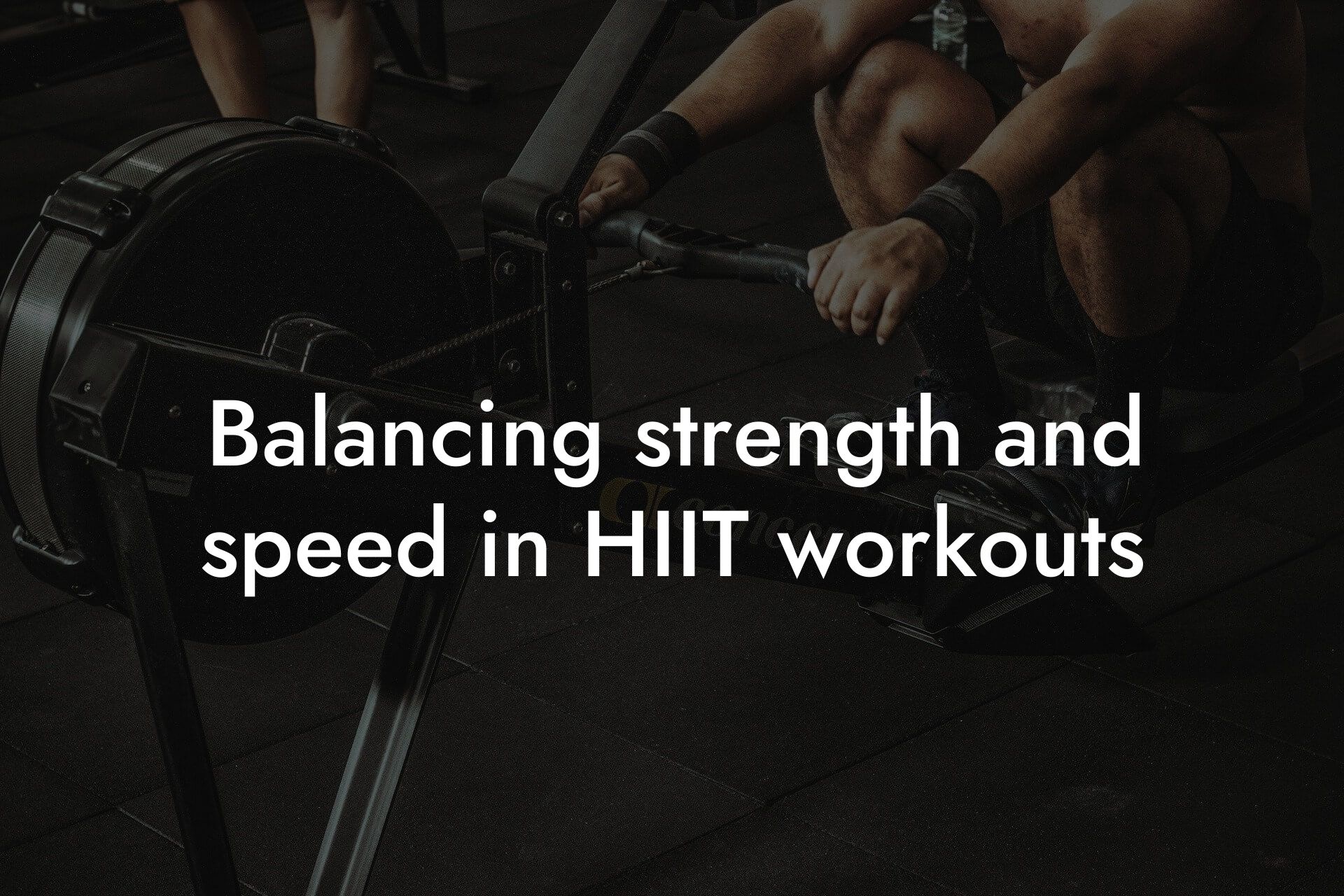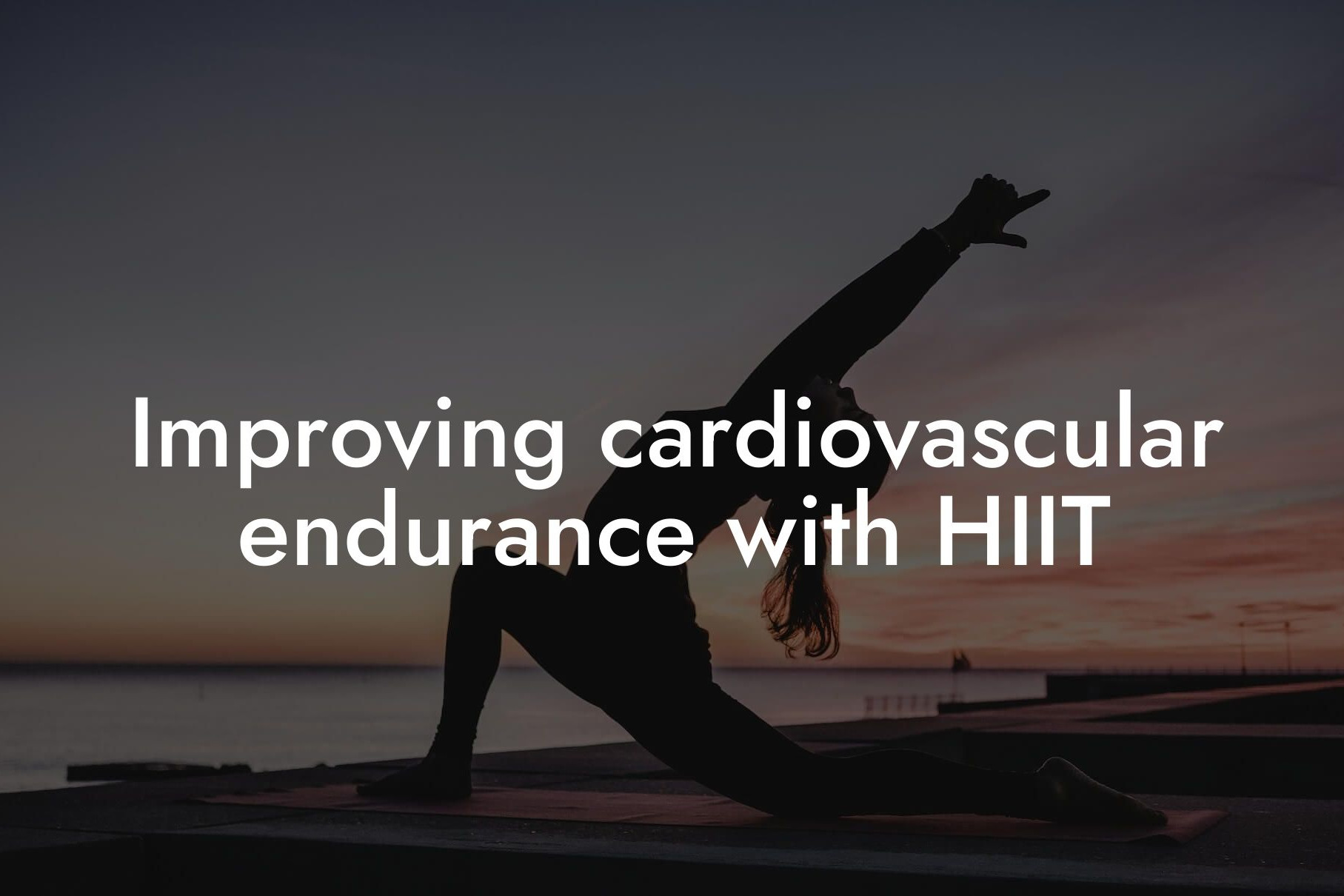As a high-intensity interval training (HIIT) athlete, you understand the importance of optimizing your physical performance to achieve your goals. One crucial aspect of achieving peak performance is having a deep understanding of your body composition, bone density, and overall health. This is where DEXA (Dual-Energy X-ray Absorptiometry) scans come into play. At Tano Performance Group, we believe that DEXA scans are an invaluable tool for HIIT athletes, providing a comprehensive assessment of their body and helping them make data-driven decisions to improve their performance.
Table of Contents
What is a DEXA Scan?
A DEXA scan is a non-invasive, low-radiation medical imaging technique that uses X-rays to measure bone density and body composition. The scan produces a detailed report of your body's fat mass, lean mass, bone density, and other important metrics. This information is essential for HIIT athletes, as it helps them understand their body's response to their training regimen and make adjustments to optimize their performance.
Benefits of DEXA Scans for HIIT Athletes
DEXA scans offer several benefits for HIIT athletes, including:
Accurate body fat percentage measurement: DEXA scans provide an accurate measurement of body fat percentage, which is essential for HIIT athletes who need to maintain a low body fat percentage to optimize their performance.
Lean mass measurement: DEXA scans measure lean mass, which is critical for HIIT athletes who need to maintain or increase their muscle mass to improve their performance.
Bone density measurement: DEXA scans measure bone density, which is essential for HIIT athletes who are at risk of osteoporosis or bone fractures due to their high-impact training regimen.
Personalized nutrition and training plans: DEXA scans provide valuable insights into an athlete's body composition, allowing them to create personalized nutrition and training plans tailored to their specific needs.
How DEXA Scans Can Improve HIIT Performance
DEXA scans can significantly improve HIIT performance by:
Identifying areas for improvement: DEXA scans help HIIT athletes identify areas where they need to improve, such as increasing lean mass or reducing body fat percentage.
Optimizing training and nutrition: DEXA scans provide valuable insights into an athlete's body composition, allowing them to optimize their training and nutrition plans to achieve their goals.
Reducing injury risk: DEXA scans can help HIIT athletes identify potential injury risks, such as low bone density, and take proactive steps to mitigate them.
Enhancing recovery: DEXA scans can help HIIT athletes optimize their recovery strategies by identifying areas where they need to focus their attention.
What to Expect from a DEXA Scan
At Tano Performance Group, we understand that getting a DEXA scan can be a daunting experience. Here's what you can expect:
A quick and painless procedure: The DEXA scan procedure is quick, taking around 10-15 minutes, and completely painless.
A comprehensive report: Our team of experts will provide you with a comprehensive report detailing your body composition, bone density, and other important metrics.
Personalized consultation: Our team will review your report with you, providing personalized recommendations and guidance to help you achieve your goals.
Common Misconceptions About DEXA Scans
There are several common misconceptions about DEXA scans that may be holding you back from getting one. Here are a few:
Misconception: DEXA scans are only for older adults. Reality: DEXA scans are beneficial for athletes of all ages, providing valuable insights into their body composition and bone density.
Misconception: DEXA scans are expensive. Reality: At Tano Performance Group, we offer competitive pricing for our DEXA scans, making them an affordable investment in your health and performance.
Misconception: DEXA scans are only for athletes with injuries. Reality: DEXA scans are beneficial for all athletes, providing valuable insights into their body composition and bone density, even if they're not injured.
In conclusion, DEXA scans are an invaluable tool for HIIT athletes, providing a comprehensive assessment of their body composition, bone density, and overall health. By understanding their body's response to their training regimen, HIIT athletes can make data-driven decisions to optimize their performance, reduce injury risk, and enhance recovery. At Tano Performance Group, we're committed to helping HIIT athletes achieve their goals through our state-of-the-art DEXA scanning technology and expert guidance.
Get Your DEXA Scan Today
Take the first step towards optimizing your HIIT performance with a DEXA scan from Tano Performance Group. Contact us today to schedule your appointment and start achieving your goals.
Frequently Asked Questions
What is a DEXA scan?
A DEXA (Dual-Energy X-ray Absorptiometry) scan is a non-invasive medical test that measures bone density, body composition, and fat distribution. It's commonly used to diagnose osteoporosis, but it also provides valuable information for athletes, including HIIT (High-Intensity Interval Training) enthusiasts, about their body fat percentage, lean mass, and bone density.
How does a DEXA scan work?
A DEXA scan uses X-ray technology to measure the density of your bones and body tissues. You'll lie down on a table, and a scanner will pass over your body, taking precise measurements. The test is painless, quick, and doesn't require any special preparation.
What can a DEXA scan tell me about my body?
A DEXA scan provides a detailed report on your body composition, including your bone density, lean mass, fat mass, and percentage of body fat. It can also identify areas of fat distribution, such as visceral fat, which is associated with increased health risks.
Why is body fat percentage important for HIIT athletes?
As a HIIT athlete, your body fat percentage directly impacts your performance. Excess body fat can hinder your speed, agility, and endurance, while a low body fat percentage can improve your overall athletic ability. A DEXA scan helps you monitor your body fat percentage, making adjustments to your diet and training plan to optimize your performance.
How does a DEXA scan differ from other body composition tests?
A DEXA scan is more accurate than other body composition tests, such as bioelectrical impedance analysis (BIA) or skinfold measurements, because it uses X-ray technology to provide a precise measurement of your body tissues. Additionally, a DEXA scan can identify areas of fat distribution, which other tests may not detect.
Can a DEXA scan help me track my progress?
Absolutely! A DEXA scan provides a baseline measurement of your body composition, which you can use to track changes over time. By regularly scanning, you can monitor the effectiveness of your training and nutrition plan, making adjustments as needed to achieve your goals.
How often should I get a DEXA scan?
The frequency of DEXA scans depends on your individual goals and needs. If you're trying to lose body fat or improve your athletic performance, you may want to scan every 6-12 weeks to track your progress. If you're looking to maintain your current body composition, you may only need to scan every 6-12 months.
Is a DEXA scan safe?
Yes, a DEXA scan is a safe and non-invasive test. It uses a low-level X-ray beam, which is much lower than a traditional X-ray, and doesn't require any injections or invasive procedures.
What are the benefits of DEXA scans for HIIT athletes?
DEXA scans provide HIIT athletes with valuable information about their body composition, which can help them optimize their performance, reduce injury risk, and improve their overall health. By tracking changes in body fat percentage, lean mass, and bone density, HIIT athletes can fine-tune their training and nutrition plan to achieve their goals.
Can a DEXA scan help me identify areas for improvement?
A DEXA scan provides a detailed report on your body composition, highlighting areas where you may need to focus your training and nutrition efforts. For example, if you have a high percentage of visceral fat, you may need to adjust your diet to reduce inflammation and improve your overall health.
How does a DEXA scan account for muscle mass?
A DEXA scan measures lean mass, which includes muscle mass, as well as bone density and body fat percentage. This provides a comprehensive picture of your body composition, helping you identify areas where you may need to focus on building muscle or reducing body fat.
Can a DEXA scan help me monitor my bone density?
Yes, a DEXA scan measures bone density, which is essential for athletes, especially those who engage in high-impact activities like HIIT. By tracking changes in bone density, you can identify potential issues before they become serious problems, such as osteoporosis or stress fractures.
How does a DEXA scan differ from a body fat scale?
A DEXA scan provides a much more detailed and accurate measurement of body composition than a body fat scale. While a body fat scale may provide a rough estimate of body fat percentage, a DEXA scan measures bone density, lean mass, and fat mass, providing a comprehensive picture of your body composition.
Can a DEXA scan help me achieve my fitness goals?
Absolutely! A DEXA scan provides valuable insights into your body composition, helping you identify areas where you need to focus your training and nutrition efforts. By tracking changes in body fat percentage, lean mass, and bone density, you can make data-driven decisions to achieve your fitness goals.
How long does a DEXA scan take?
A DEXA scan typically takes around 10-15 minutes, depending on the type of scan and the individual's body size.
Is a DEXA scan painful?
No, a DEXA scan is a painless and non-invasive test. You'll simply lie down on a table, and the scanner will pass over your body, taking precise measurements.
Can I get a DEXA scan if I'm pregnant or breastfeeding?
It's generally recommended to avoid DEXA scans during pregnancy or breastfeeding, as the X-ray technology may pose a risk to the fetus or baby. However, it's essential to consult with your healthcare provider or a qualified medical professional to determine the best course of action for your individual situation.
How much does a DEXA scan cost?
The cost of a DEXA scan varies depending on the location, provider, and type of scan. On average, a DEXA scan can cost anywhere from $50 to $200. At Tano Performance Group, we offer competitive pricing and packages tailored to your individual needs.
Can I get a DEXA scan at Tano Performance Group?
Yes, Tano Performance Group offers DEXA scans as part of our comprehensive fitness and wellness services. Our team of qualified professionals will guide you through the process, providing expert advice and support to help you achieve your fitness goals.
How do I prepare for a DEXA scan?
To prepare for a DEXA scan, avoid eating a heavy meal or consuming caffeine for at least 2 hours before the test. Wear loose, comfortable clothing, and avoid wearing any metal objects, such as jewelry or glasses, that may interfere with the scan.
What do I need to do after a DEXA scan?
After a DEXA scan, you can resume your normal activities immediately. Your scan results will be provided to you, and our team of experts will help you interpret the data, providing guidance on how to use the information to achieve your fitness goals.
Can a DEXA scan help me reduce my risk of injury?
Yes, a DEXA scan can help you identify areas of muscle imbalance, bone density issues, or excessive body fat, which can increase your risk of injury. By addressing these issues, you can reduce your risk of injury and optimize your athletic performance.
How does a DEXA scan support my overall health and wellness?
A DEXA scan provides valuable insights into your body composition, which can help you identify potential health risks, such as osteoporosis, visceral fat, or muscle imbalances. By tracking changes in your body composition, you can make informed decisions to improve your overall health and wellness.
Here are some related articles you might love...
- Maintaining muscle recovery with HIIT training
- Balancing strength and speed in HIIT workouts
- Improving cardiovascular endurance with HIIT
- The role of body composition in HIIT performance
- The importance of bone density in HIIT fitness
- Strength training tips to enhance HIIT performance
- Reducing body fat for better HIIT workout results
- Preventing injuries during HIIT sessions
- Nutrition strategies for HIIT enthusiasts
Zak Faulkner
Zak Faulkner is a leading authority in the realm of physical health and body composition analysis, with over 15 years of experience helping professionals optimise their fitness and well-being. As one the experts behind Tano Performance Group, Zak has dedicated his career to providing in-depth, science-backed insights that empower clients to elevate their physical performance and overall health.
With extensive knowledge of DEXA technology, Zak specializes in delivering comprehensive body assessments that offer precise data on body fat, muscle mass, bone density, and overall physique. His expertise enables individuals to make informed decisions and achieve their fitness goals with accuracy and confidence. Zak’s approach is rooted in a deep understanding of human physiology, combined with a passion for helping clients unlock their full potential through personalised strategies.
Over the years, Zak has earned a reputation for his commitment to excellence, precision, and client-focused service. His guidance is trusted by top professionals who demand the best when it comes to their health. Whether advising on fitness programs, nutritional strategies, or long-term wellness plans, Zak Faulkner’s insights are a valuable resource for anyone serious about taking their health and fitness to the next level.
At Tano Performance Group, Zak continues to lead our Content Team revolutionising how professionals approach their physical health, offering unparalleled expertise that drives real results.




